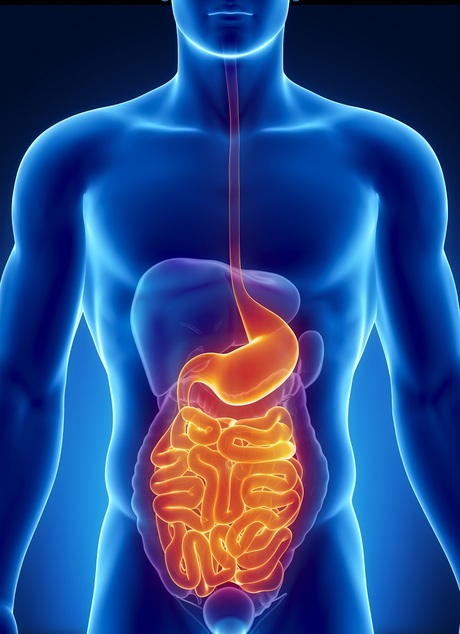The appendix is not as useless as you thought

It turns out that the appendix might not be as redundant as we originally thought, with new research showing a network of immune cells that help the organ play a pivotal role in maintaining the health of the digestive system.
Scientists from Melbourne’s Walter and Eliza Hall Institute (WEHI), in collaboration with France’s Centre d’Immunologie de Marseille-Luminy, have found that innate lymphoid cells (ILCs) are crucial for protecting against bacterial infection in people with compromised immune systems. By preventing significant damage and inflammation of the appendix during a bacterial attack, ILCs safeguard the organ and help it to act as a natural reservoir for ‘good’ bacteria.
“We’ve found that ILCs may help the appendix to potentially reseed good bacteria within the microbiome — or community of bacteria — in the body,” said Professor Gabrielle Belz, a laboratory head in WEHI’s Molecular Immunology division. “A balanced microbiome is essential for recovery from bacterial threats to gut health, such as food poisoning.”
According to Professor Belz, having a healthy appendix might even save people from having to stomach more extreme options for repopulating — or ‘balancing out’ — their microbiomes.
“In certain cases, people require reseeding of their intestines with healthy bacteria by faecal transplant — a process where intestinal bacteria are transplanted to a sick person from a healthy individual,” she said. “Our research suggests ILCs may be able to play this important part in maintaining the integrity of the appendix.”
Professor Belz explained that ILCs are part of a multilayered protective armoury of immune cells that exist in healthy individuals. When one layer is depleted, she said, the body has ‘backups’ that can fight the infection.
“In people who have compromised immune systems — such as people undergoing cancer treatment — these cells are vital for fighting bacterial infections in the gastrointestinal system,” she said. “This is particularly important because ILCs are able to survive in the gut even during these treatments, which typically wipe out other immune cells.”
Professor Belz said it is vital that we better understand the role of ILCs in the intestine “and how we might manipulate this population to treat disease or promote better health”.
The new study has been published in the journal Nature Immunology.
Breakthrough drug prevents long COVID symptoms in mice
Mice treated with the antiviral compound were protected from long-term brain and lung dysfunction...
Antibiotics hinder vaccine response in infants
Infants who received antibiotics in the first few weeks of life had significantly lower levels of...
Colossal announces 'de-extinction' of the dire wolf
Colossal Biosciences has announced what it describes as the rebirth of the dire wolf, which would...




